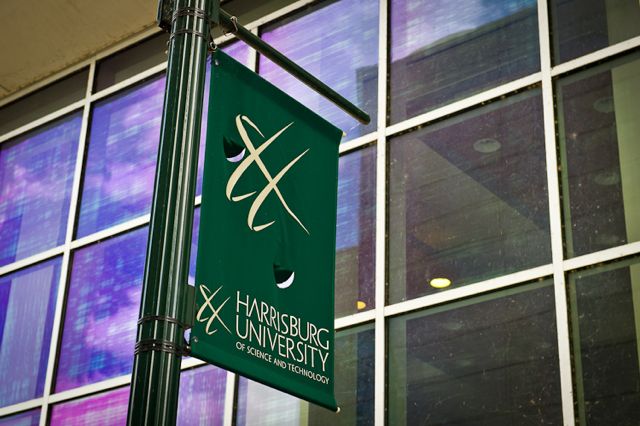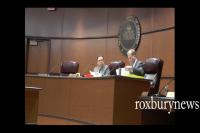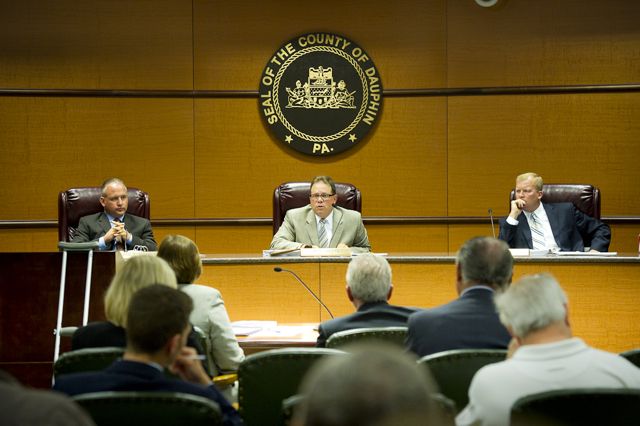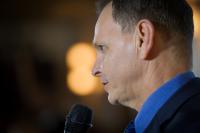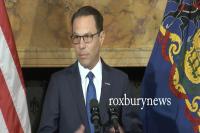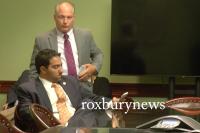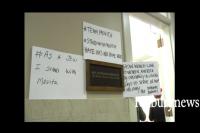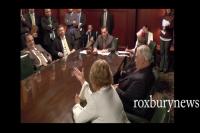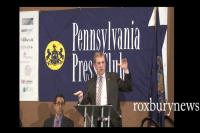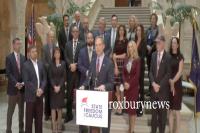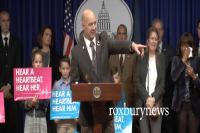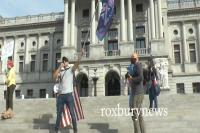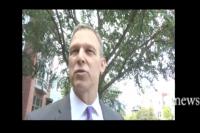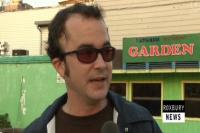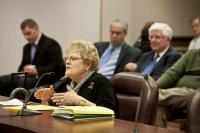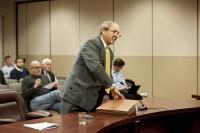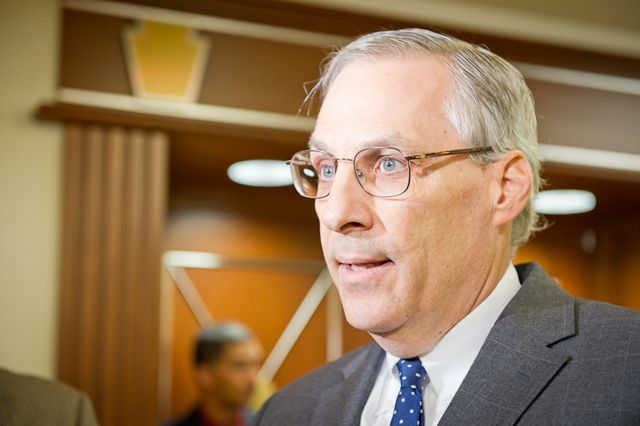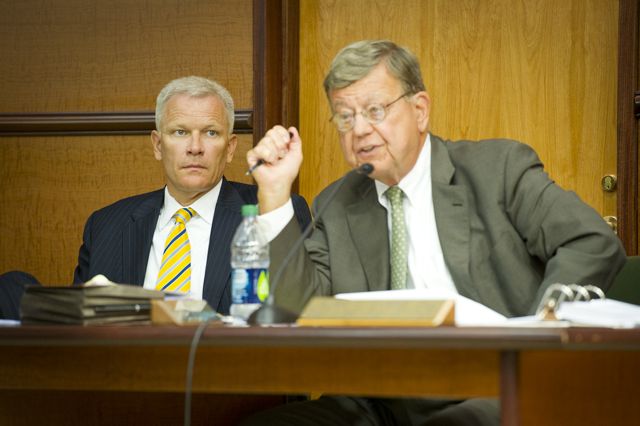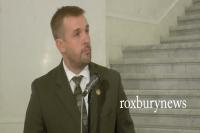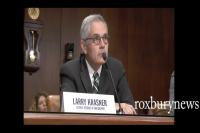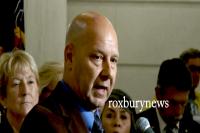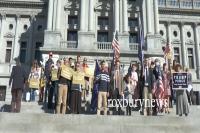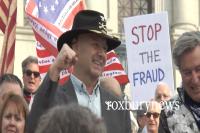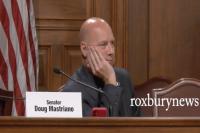Earlier today the Senate Local Government Committee held a public hearing on Senate Bills 901, 902, 903 and 904. The hearing and the initiatives offered by Senators Folmer, Blake, Teplitz and Eichelberger stem from the failure of several financial arrangements that have left local governments and their taxpayers on the hook for the poor decisions of their elected officials.
Wagner's testimony following opening statements made by Senators Eichelberger and Teplitz.
Former Auditor General Jack Wagner characterized interest rate swap agreements as gambling with public funds, highlighting a 2009 investigation he conducted as Auditor General when Bethlehem Area School District’s lost $10.2 million. Wagner attributed these losses to excessive fees and termination payments, finding that Bethlehem’s school district fell victim to deceptive marketing tactics.
Overall, Wagner does not view swaps as viable public finance tools and believes their use should be eliminated. Wagner highlighted systemic issues that are problematic for local governments when Senator Teplitz asked about the possibility of imposing reforms as opposed to an outright ban.
"In most instances there are incentives offered up front that entice the public entity to become involved in it. Those incentives seem to never equal the fees, costs and losses associated with interests rate swaps." Wagner continued, "Unfortunately public officials are easily brought into the discussion of interest rate swaps."
Here's video of Jack Wagner describing his efforts to convince local governments to terminate existing swap agreements and voicing his thoughts on the impacts of SB 903 and SB904 in video 3.
Several testifiers agreed upon the elimination of up-front payments for entering into interest rate swap transactions. Lucien Calhoun, President of Calhoun Baker, Inc. utilized the term “train-wrecks” to describe swap arrangements where the initiating party receives up-front payments for entering into swap agreements. “If you wanted to eliminate 95% of the problems, deny the ability to take money up-front, they’re abusive and they should be stopped,” said Calhoun.
Video Lucien Calhoun. Delaware Valley Regional Finance Authority currently has 1.7 billion dollars notional amount of SWAP transactions outstanding.
Charles Linderman, Director of Business affairs for the Great Valley School District disagreed with Wagner’s assertion by offering examples of success in his district. Linderman explained how Great Valley School District generated $1.97 million dollars from successfully utilizing these complex financial instruments. Video. Three SWAP transactions over the past eight years.
Linderman’s position was reiterated by Nancy Winkler, Treasurer of the City of Philadelphia. Winkler expressed Philadelphia’s opposition to SB 904 that would ban the city’s use of interest rate swap agreements. Ms. Winkler said that such an initiative would impair the city’s ability to access financial markets and manage its affairs. “If enacted, Philadelphia would be only major city in the country to be prohibited from using swaps,” said Winkler.
Video Nancy Winkler. Opening Statement
Video 2. Very positive for the city.
Video 3. A Forward Starting SWAP. "A speculative transaction".
Michael A. Wolf , public finance banker at Boenning & Scattergood offered support for ending the practice of allowing local government units to collect fees by guaranteeing the debt of an authority or other local government unit.
Video. Opening Statement.
Mr. Wolf ended his testimony by cautioning the Senate Local Government Committee, “This Harrisburg situation is a disaster, but it not happening out there on a regular basis. It sounds like people were sidestepped, ignored, or in some cases pressured by their bosses or elected officials. Those same people who did it then, they won’t be any less capable after SB901 becomes law.”
Video. Senator Mike Folmer.What happened in Harrisburg?.
Video. A question of municipal guarantees. Less than a handful.

